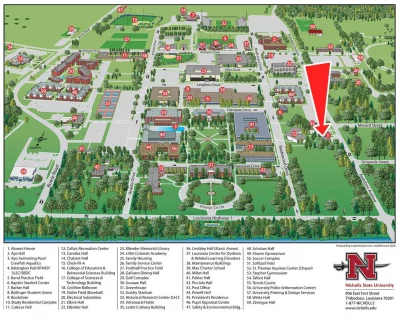
GET YOUR M.B.A. TODAY!
Get your Masters in Business Administration at Nicholls State University!
FOUR PATHWAYS TO FIT YOUR SCHEDULE!
Management is responsible for establishing internal controls. In order to maintain effective internal controls, management should:
- Maintain adequate policies and procedures;
- Communicate these policies and procedures; and
- Monitor compliance with policies and practices.
- Authorizations – Transactions must be authorized and executed in accordance with management’s intent.
- Segregation of Duties – Segregation of duties is adequate when no one person is in a position to initiate and conceal errors and/or irregularities in the normal course of their duties.
- Record Keeping – Adequate record keeping ensures that assets are properly controlled and transactions are properly recorded as to account, amount and period.
- Safeguarding – Limiting access to and controlling the use of assets and records are ways to safeguard those assets and records.
- Reconciliations – Reconciliations are independent verifications, which help to ensure that the other four control activities are functioning as intended.


